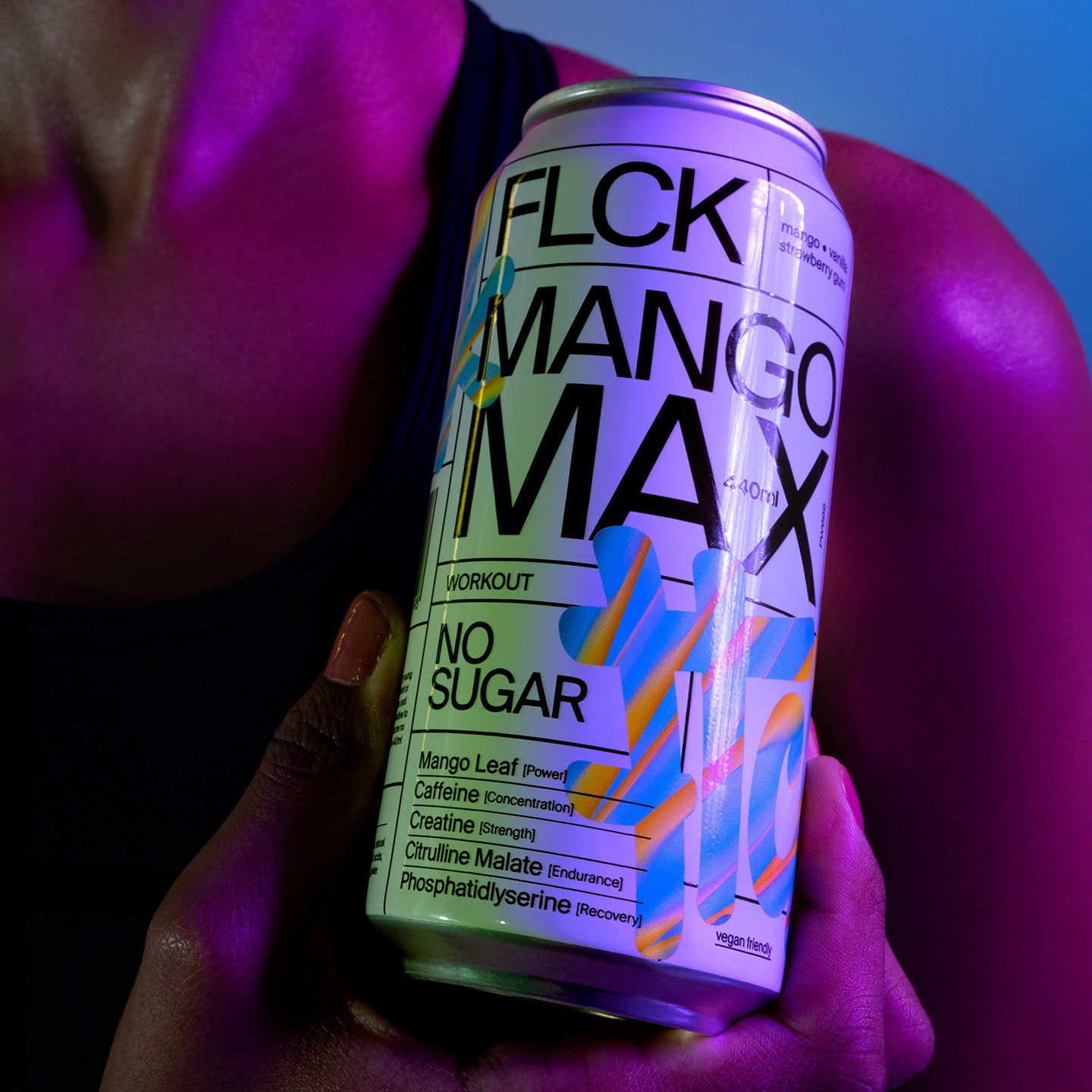
Are energy drinks bad for you?
Energy drinks have been blamed for burnout, anxiety, mood crashes, and a general sense of chaos. And honestly? That criticism isn’t wrong—it’s just misdirected. Energy drinks aren’t inherently bad. Most are just poorly made.
The problem isn’t the format—it’s the formula. You’re not drinking something built for performance. You’re drinking a caffeinated imitation of function—sweet, loud, and loaded with filler. No support, no structure, no stability. Just noise.
Most Energy Drinks Are Just Bad Coffee in Costume
Let’s call it: most energy drinks are ultrasweet fake coffee with the good parts stripped out. They ditch the depth, antioxidants, and nuance of real coffee—and replace them with sucralose, B vitamins, taurine, and a flavor profile that tastes like industrial fruit punch.
You end up overstimulated, under-supported, and wondering why your thoughts are racing while your brain feels like it’s buffering.
They took something good, removed what made it useful, and added what makes it flashy.
Stimulation Without Support
What you’re left with is raw, unbuffered stimulation. High caffeine. No neurotransmitter support. No cortisol regulation. No brain-boosting function—just a buzz.
To pad the label, most brands throw in B6, B12, and niacin—not because they’re needed in those quantities, but because they look smart on a shelf.
It’s like taping a diploma to a rabid squirrel and calling it cognitive support.
Zero Sugar Isn’t Zero Problem
A lot of energy drinks advertise “zero sugar,” which sounds great until you check what’s actually in the can. Most swap sugar for sucralose or aspartame—and call it clean.
But clean labels don’t always mean clean effects.
Emerging research links these artificial sweeteners to gut microbiome disruption, insulin resistance, and impaired glucose tolerance—especially when consumed regularly. So yeah, you avoided the sugar spike. But you may have picked up new problems in exchange.
Zero sugar doesn’t mean zero consequences.
Why the Crash Happens
Caffeine blocks adenosine, your brain’s tired signal. That part works. But without anything to support neurotransmitters like dopamine or buffer your stress response, the high doesn’t last.
You get cortisol spikes. Jitteriness. Focus that slips just when you need it most. Then the crash hits—and it’s not just physical. It’s mental. Foggy thinking. Flat mood. Zero clarity.
That’s not energy. That’s overclocked survival mode.
What Real Energy Feels Like
Real energy doesn’t mean buzzing. It means being able to stay locked in without falling apart. It’s clean. It’s steady. It’s focused. It shows up when your brain’s under pressure, your calendar’s a war zone, and your to-do list starts laughing at you. And it doesn’t disappear after 40 minutes
That kind of energy isn’t loud. It doesn’t need to be. It just works—reliably, repeatedly, and under stress.
What a Functional Energy Drink Looks Like
At FLCK, we build energy drinks like cognitive tools—not candy.
Here’s what that looks like:
Phosphatidylserine – to buffer cortisol and keep brain cells talking under pressure
N-Acetyl L-Tyrosine (NALT) – to support dopamine and maintain cognitive endurance
Sibelius™ Sage – clinically shown to improve attention and memory recall
Neuravena® (Green Oat Extract) – enhances processing speed and working memory during fatigue
Zynamite® – boosts both physical and mental performance without overstimulation
No sugar. No artificial sweeteners. No bloated ingredient lists. Just real function—stacked with purpose.
So... Are Energy Drinks Bad for You?
Some of them, yes. The ones that overstimulate without support, swap sugar for chemicals and hope you don’t notice perform like flavored panic in a can.
But energy drinks done right? With structure, clarity, and intention behind every ingredient? Those aren’t bad. They’re a better option than the one most people are reaching for.
Final Thought: Hype ≠ Function
Most energy drinks are built to feel intense. Extreme flavors. Absurd claims. Labels designed to convince you they’re working—even when they’re not.
But real energy isn’t about hype. It’s about mental control, physical readiness, and clarity that holds. You shouldn’t have to trade your focus for stimulation. You shouldn’t have to crash just to feel like you showed up.
So, are energy drinks bad for you? Only if you’re drinking the wrong ones.
